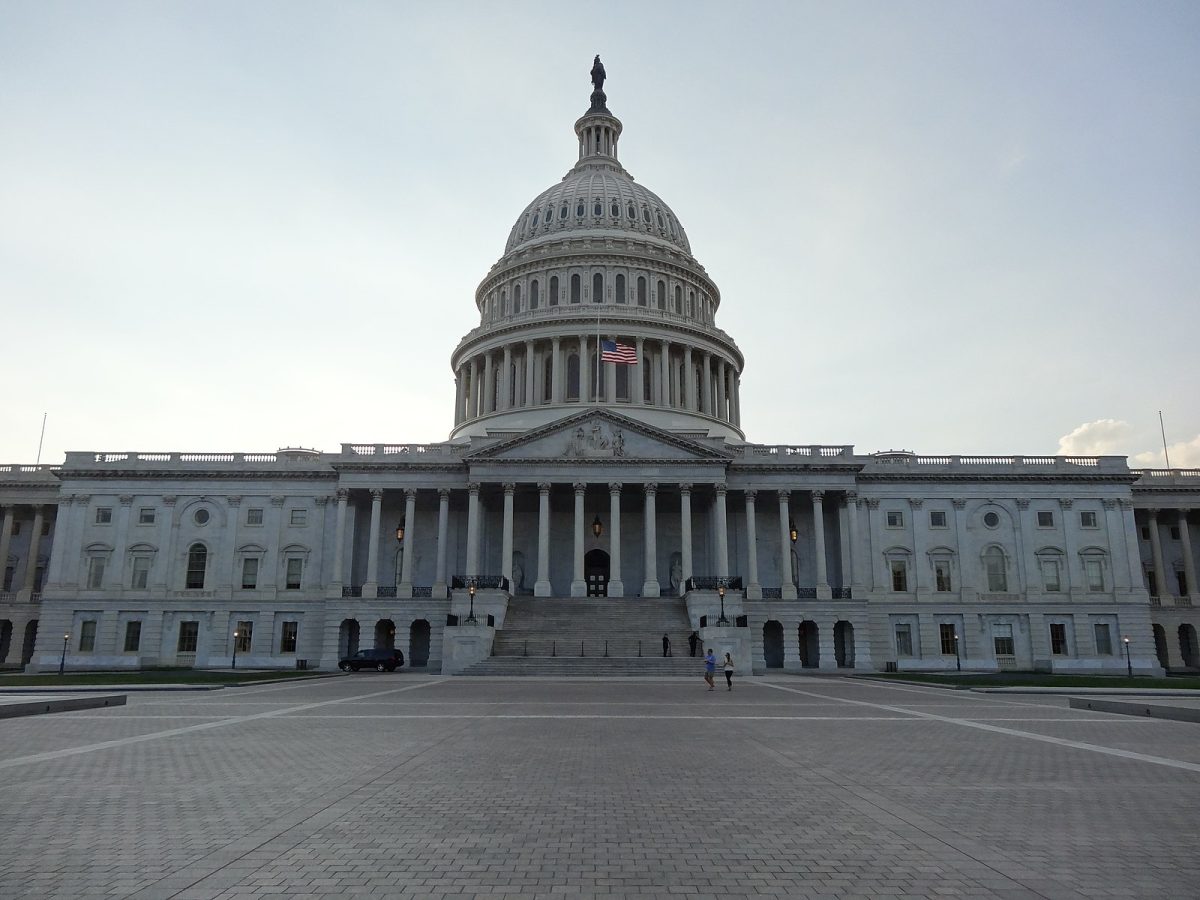Germany’s parliamentary election on February 23 saw a significant shift in the country’s political balance, with the conservative Christian Democratic Union (CDU)/Christian Social Union (CSU) alliance claiming victory while the far-right Alliance for Germany (AfD) gained second place.
To fully grasp the outcome of the recent elections, it’s essential to understand how Germany’s electoral system works. While it shares similarities with other Western democracies, its unique “mixed-member proportional representation” system plays a key role in shaping the country’s political situation.
In simple words, each voter has two votes: First Vote (Erststimme): This vote is for a direct candidate in the voter’s local constituency. The candidate who receives the majority of votes in the constituency wins a seat in the Bundestag, the federal parliament. In 2025, the number of parliamentary seats is capped at 630, down from 736 in 2021, following reforms to the seat distribution system.
Second Vote (Zweitstimme): This vote is for a political party. The total percentage of second votes determines the overall proportion of seats each party receives in the Bundestag. To enter the Bundestag, a party must either secure at least 5% of the second votes nationwide or win at least three direct constituency seats.
If a party were to win 50% of the vote, it would have enough representatives to govern alone and implement its policies without opposition. However, this is rare in Germany. As a result, most parties must join forces with one or more other parties, forming a coalition to secure a majority and effectively control the parliament.
Generally, the candidate from the party with the most votes becomes Chancellor, while the leading candidate from the junior coalition partner often becomes Foreign Minister. The Chancellor selects the ministers and their roles, presenting them to the President, who formally appoints the government. The President also nominates the candidate for Chancellor, who has to win an absolute majority (50% +1) in the Bundestag.
Germany has a complex multiparty system, with voters choosing from more than eight parties. Here are the key players that influence the country’s elections.
The Christian Democratic Union (CDU) and its Bavarian counterpart, the Christian Social Union (CSU), form the country’s main center-right block, advocating for fiscal responsibility, Christian democracy and pro-European policies, with the CSU being the more socially conservative of the two.
The Social Democratic Party (SPD), Germany’s oldest political force, promotes workers’ rights, social justice and a balanced approach to economic growth and environmental policies. The Alternative for Germany (AfD), a right-wing populist party, has gained traction lately, especially in eastern Germany, with its nationalist, anti-immigration platform and EU skepticism. Alliance 90/The Greens prioritize climate action, renewable energy, and progressive social policies, while The Left (Die Linke) follows a democratic socialist agenda centered on wealth redistribution, a strong welfare state and NATO opposition.
The Free Democratic Party (FDP) champions free-market economics, tax cuts and digital innovation, emphasizing individual liberties and minimal government intervention. The Sahra Wagenknecht Alliance (BSW), founded in 2023, merges left-wing economic policies with social conservatism, strict immigration control and skepticism toward the EU and NATO, appealing to disillusioned voters.
The CDU and CSU secured 28.6% of the vote in the February elections. Led by Chancellor candidate Friedrich Merz, the center-right bloc capitalized on voter dissatisfaction with the outgoing government. Meanwhile, the center-left Social Democrats (SPD) of outgoing Chancellor Olaf Scholz garnered just 16.4% of the vote. The Greens, another key member of the former governing coalition, secured 11.6% of the vote, reflecting a decline in their support.
The far-right Alternative for Germany (AfD) finished with 20.8% because of the growing support for nationalist and anti-immigration policies in parts of the country. This surge in support for the AfD has drawn international attention, with many linking it to historical concerns. “Germany is on the news right now because of the right-wing rise, and everyone directly relates that to the Nazis,” explained Henk Wagener, a German exchange student at Dickinson.
Despite political divisions, one issue unites all German parties: immigration. A recent Deutschlandtrend poll showed that most Germans want fewer refugees but prefer this to be managed through EU-wide policies. The AfD’s growing popularity is largely driven by its hardline stance on immigration, pushing for strict border controls, tougher asylum policies and promises to tighten rules around residency and nationality—appealing to voters who prioritize stronger protections for Germany.
“There’s a lot of people that don’t want to vote for the AfD but they feel that the immigration policies of the past 30 years have not worked well in Germany. When no other party is willing to address this issue, it makes sense that those voters may turn to the AfD,” explained Wagener.
Alex Kluge, an exchange student at Dickinson from Bremen University in Germany, reflects the concerns of many in the country about the rise of right-wing political movements. “The CDU has said before that they are willing to work with the AfD, and they are moving to the right in a lot of what they do. Having them in power is very frustrating. As a queer person, I’m scared of the AfD, afraid for some of my friends at home and unsure of how the next year is going to look like,” said Kluge.
Additionally, the election had a record-high voter turnout of 82.5% of the 59 million eligible to vote a big jump from 76.6% participation in 2021. This change in turnout reflects public concern over the country’s political and economic situation after the government collapsed in November.
Nele-Marleen Graf, an exchange student from Germany studying at Dickinson, explained why she decided not to vote in the last election: “I saw how damaging fixed political opinions are, I’ve seen friendships and families splitting just because of arguments about politics.” Marleen said that she is planning to leave Germany soon anyway, so that influenced her decision as well.
The voting process for Germans abroad was disappointing, according to Wagener and Kluge. They explained that ballot papers were sent out just a week before the election and arrived too late. “It was very frustrating,” Kluge said. “My ballot arrived on the Friday before the election, so I didn’t have time to send it back to Germany.” As a result, neither of them were able to vote.
The newly elected German Bundestag met for the first time on March 25, as the conservative CDU/CSU bloc, led by Chancellor-in-waiting Friedrich Merz, worked to form a coalition with the center-left SPD. Negotiations are focused on tax and migration policies, with hopes of forming a government before Easter. Meanwhile, President Frank-Walter Steinmeier formally dismissed former Chancellor Olaf Scholz and his outgoing cabinet.





